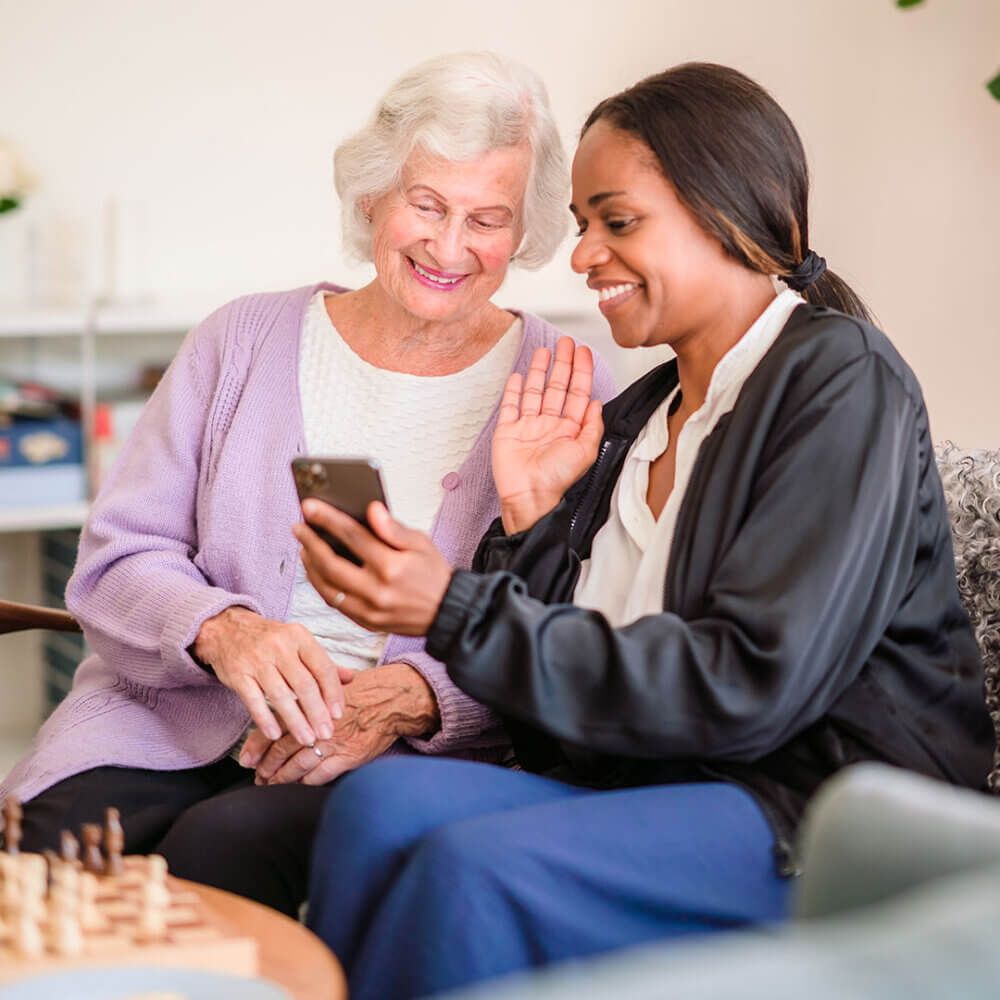Strategies for Providing Mental Health Support to the Elderly
Recognising when it's time to seek additional help from mental health professionals.
Understanding Mental Health in Older Adults
Mental health challenges are more widespread among older individuals than we may realise. Common conditions such as depression associated with dementia and anxiety disorders in late life are often overlooked or mistakenly attributed to normal ageing.
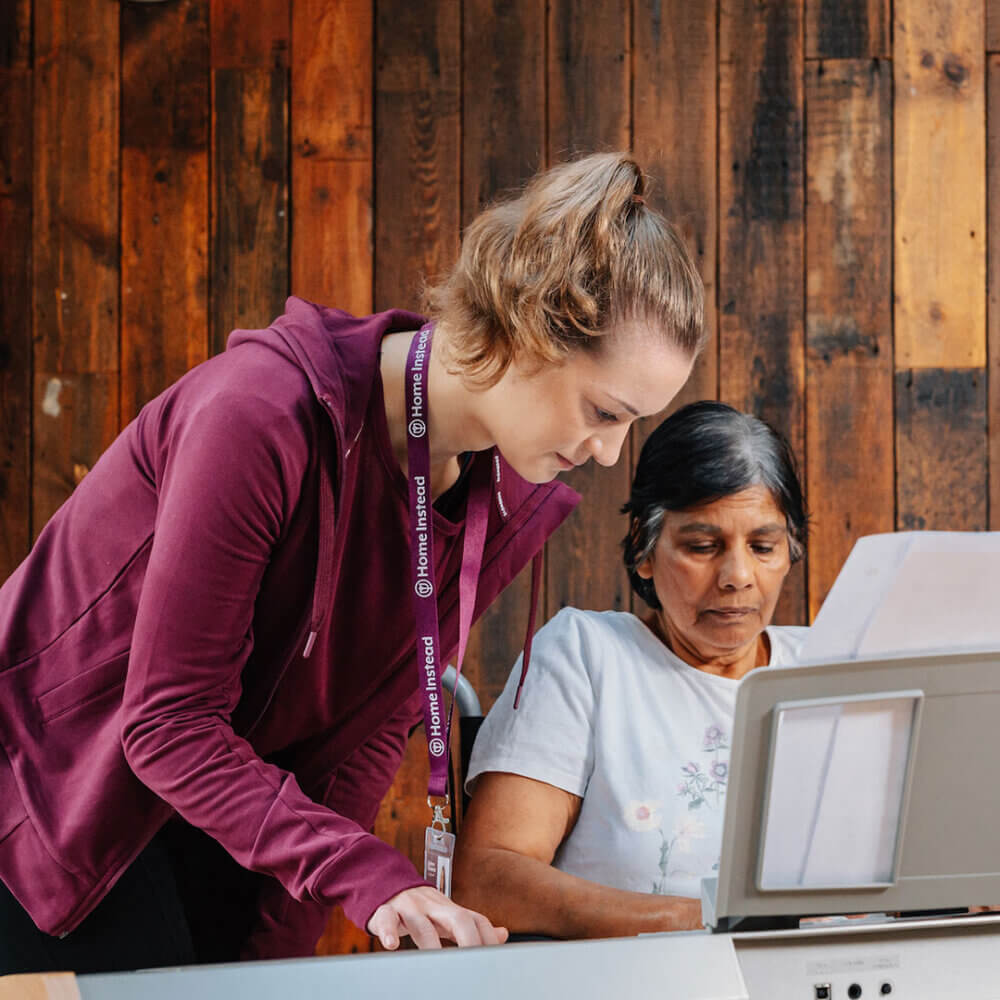
How to Help our Elderly with their Mental Health
Empathetic communication, fostering a nurturing environment, and encouraging social engagement are all necessary while caring for an elderly person with mental health issues.
These practices help to reduce feelings of loneliness and promote general mental health.
To effectively support an elderly person with mental health issues, both family carers and home care professionals can implement several strategies:
- Regular Check-ins: Create a consistent schedule for communication to offer emotional support and keep track of their mental well-being.
- Active Listening: Give them your full attention and show genuine care and attentiveness during conversations, making it clear that their feelings and experiences are valued and significant.
- Encouraging Physical Activity: Engaging in gentle exercises such as walking or stretching can have a positive impact on someone’s mood and overall well-being.
- Engaging in Memory-Stimulating Activities: Engaging in activities such as puzzles, memory games, or reflecting on old photographs can have positive effects.
- Maintaining Social Connections: Encourage visits or calls with friends and family to help them stay socially engaged.
- Creating a Routine: A consistent daily routine can offer a feeling of comfort and stability.
- Educating on Mental Health: Offering knowledge on mental health helps clarify and destigmatise the subject.
- Mindfulness and Relaxation Techniques: Simple meditation or breathing techniques can help someone manage stress and anxiety.
- Encouraging Creative Expression: Engaging in activities such as painting, music, or writing can provide a soothing and healing space for emotions to be expressed.
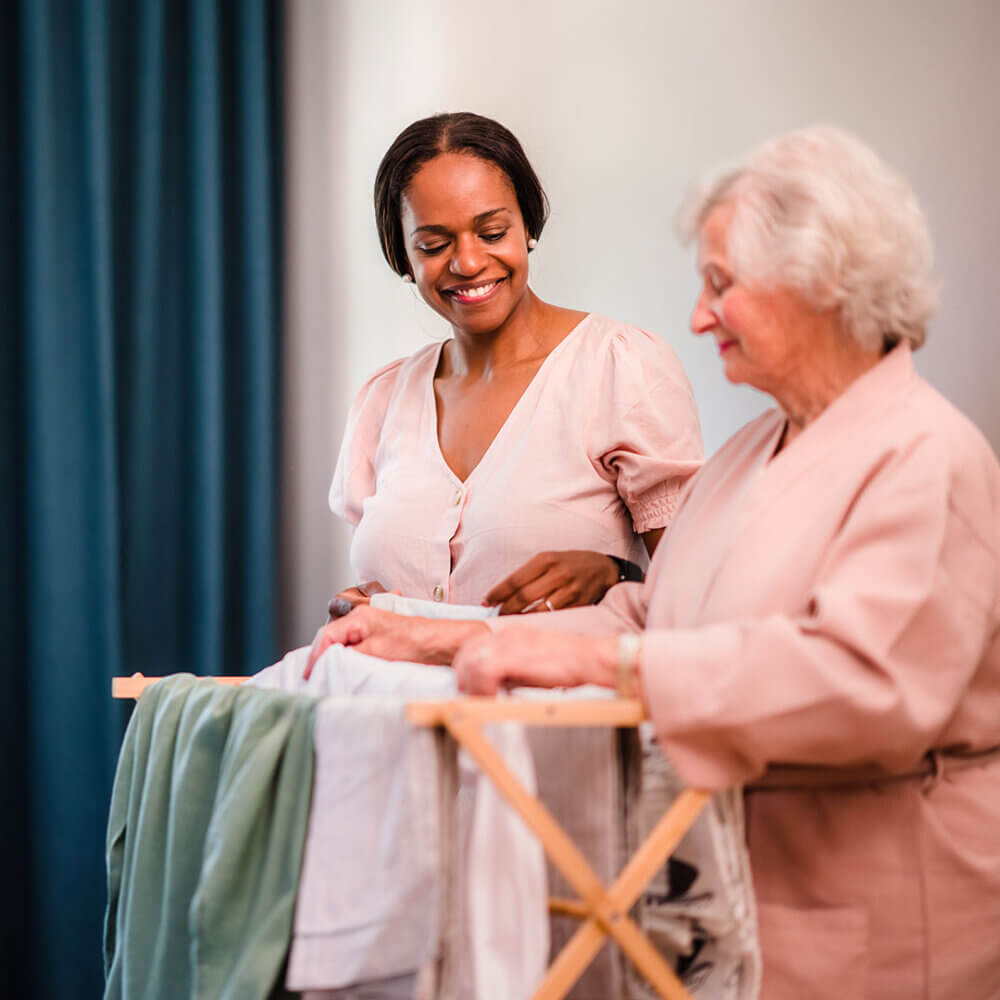
Role of Caregivers and Families
Carers and family members play an important role in maintaining the mental health of the elderly. Carers must also prioritise their own mental health in order to avoid burnout and deliver the best care possible. It sometimes becomes necessary for family carers to seek respite care services from a home healthcare provider like Home Instead.
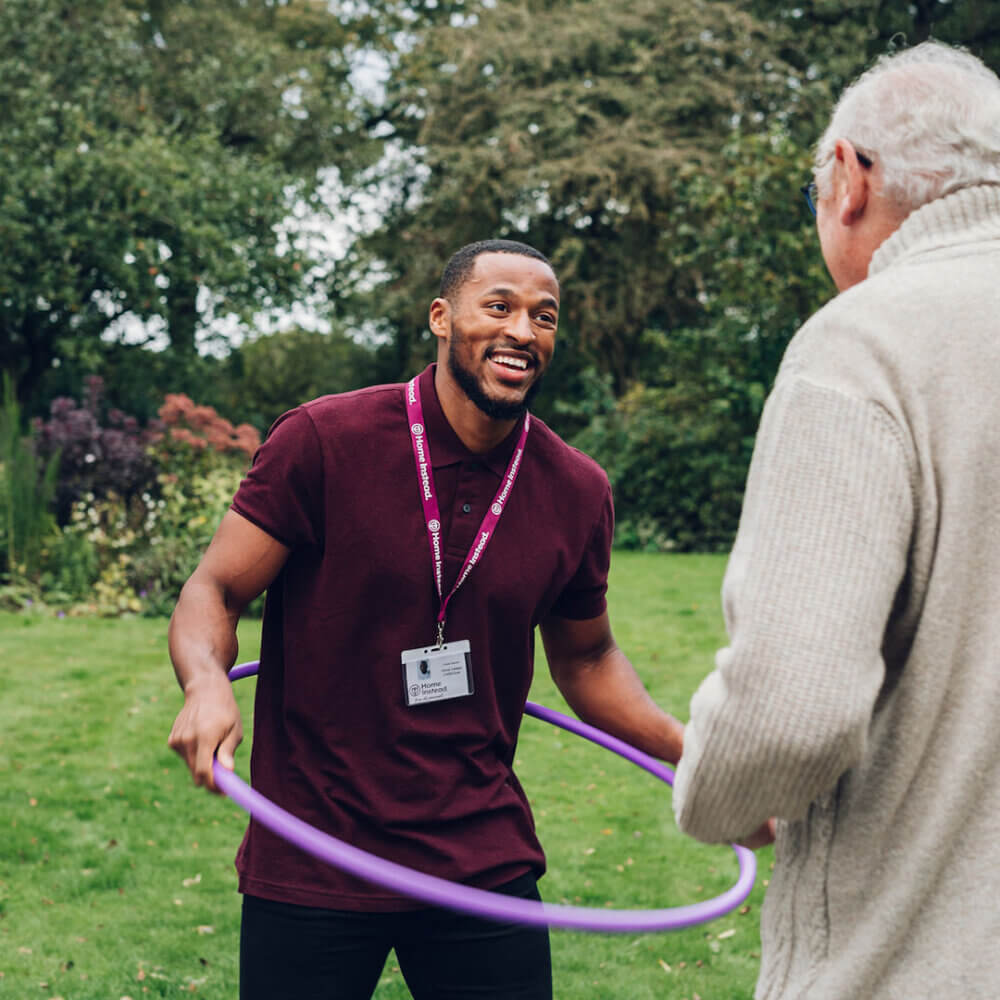
Integrating Professional Help
Recognising when to seek professional mental health assistance for the elderly is crucial, especially when changes in behaviour or mood are significant.
Therapists who specialise in geriatric psychology, psychiatrists, and counsellors are available to provide personalised care, which may include therapy and medication management. In addition, support groups within the community can be incredibly valuable.
Home Instead, known for its exceptional home care services, is here to assist you in navigating these steps. Our care professionals can provide guidance and support to help you explore your options and ensure that you or your elderly loved one receives comprehensive mental health support in collaboration with healthcare professionals.
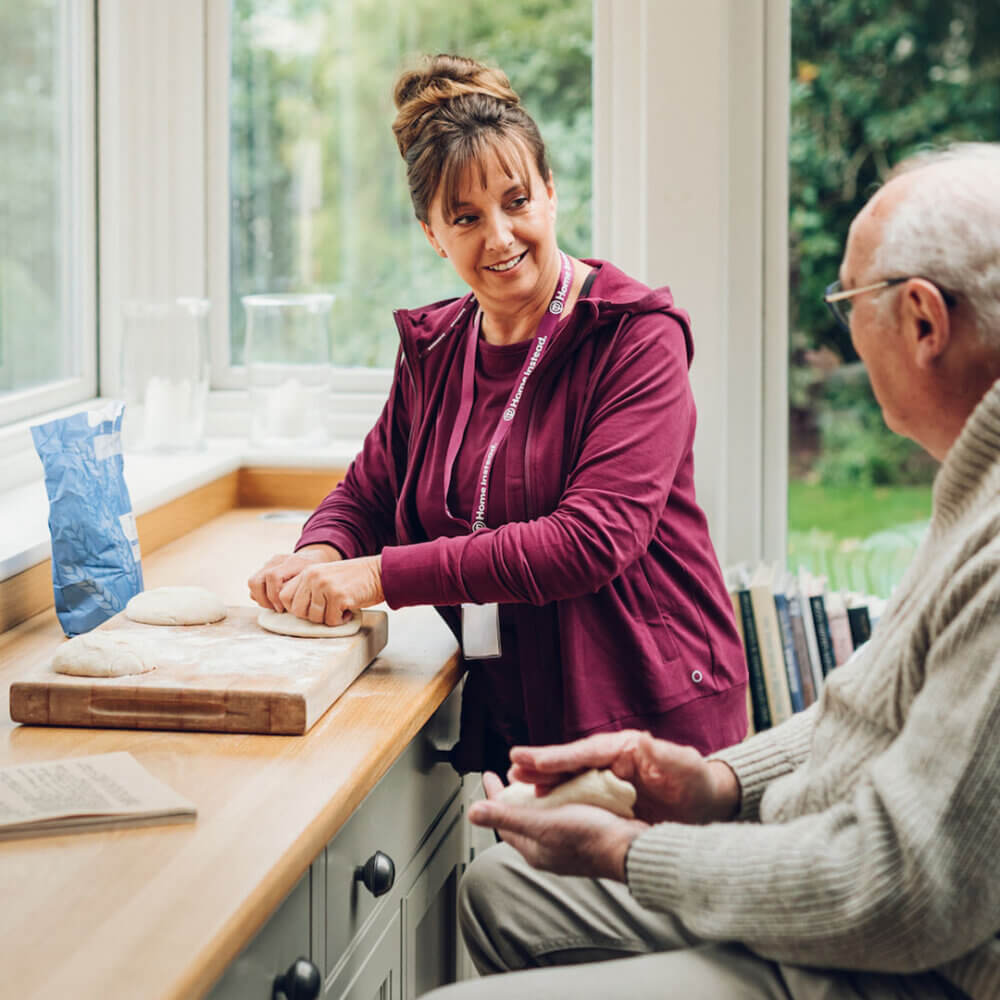
Activities and Therapies
Participating in art therapy, gentle exercises, and memory games can greatly contribute to the overall well-being of older individuals. Art therapy, for instance, provides a space for individuals to express themselves creatively and find emotional release. This can be especially beneficial for those who find it challenging to put their feelings into words.
Engaging in gentle exercises such as tai chi or yoga can have a positive impact on a person’s overall well being. These activities are known to help alleviate stress and uplift your mood, benefiting both your physical and mental health.
Engaging in memory games and cognitive activities can have a positive impact on brain health, potentially slowing down the process of cognitive decline. These activities also offer chances for social interaction, which is essential for emotional well-being and fighting against feelings of isolation.
Detecting and addressing mental health signs in the elderly is an essential component of not only holistic care but home care as well. As we manage the intricacies of aged care, we must focus on both mental and physical health. Carers, families, and care professionals must work together to ensure our elders receive the compassionate care they require.
By working together, we can considerably improve the quality of life and overall well-being of our ageing population. Let’s continue to push for and implement ways to promote mental health in the later years of life.
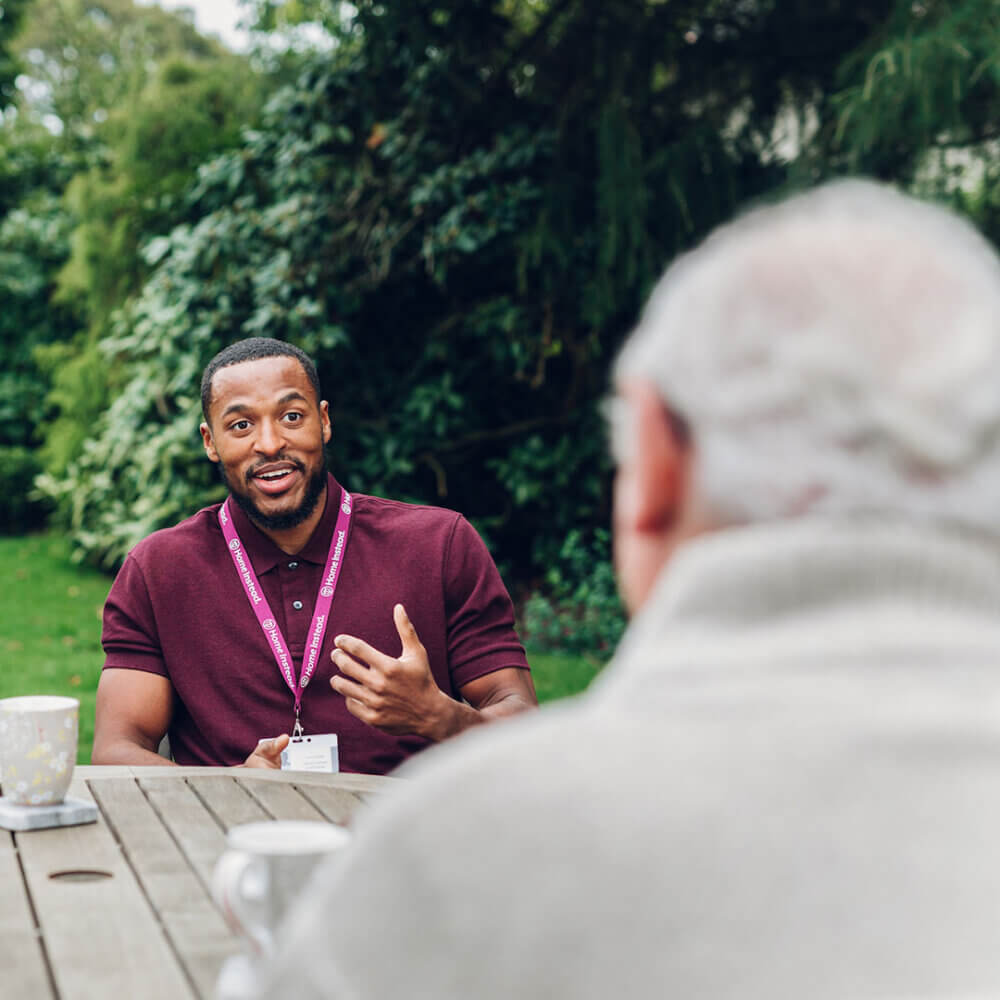
Receiving Support for Elderly Individuals with Mental Health Challenges through Home Care from Home Instead
Home Instead offers specialised care designed to address the mental health needs of elderly individuals.
Our trained care professionals are adept at recognising and responding to mental health issues, delivering compassionate support tailored to each individual. Collaborating closely with families and healthcare professionals, we strive to create a nurturing environment that focuses on activities promoting mental wellbeing.
The Home Instead approach underscores consistent, personalised care, ensuring that the mental health needs of the elderly are addressed with understanding, dignity, and professionalism.
Reach out to us today to learn how we can assist you or your elderly loved one with their mental health.
